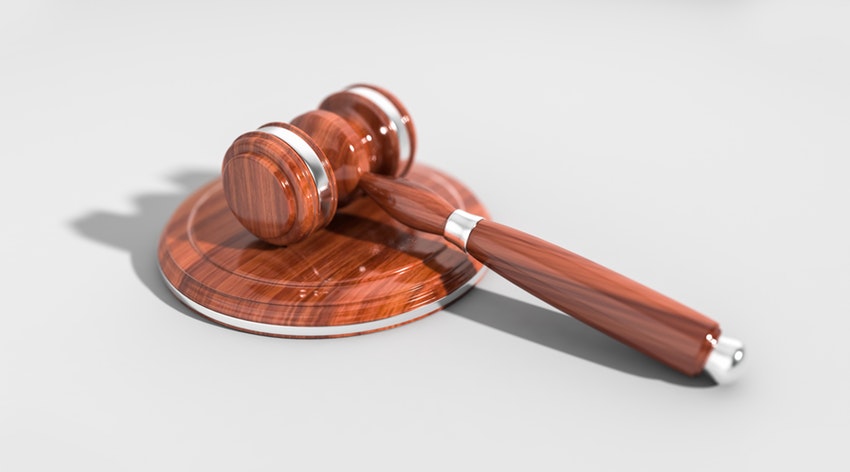
Legal disputes can take many forms, but one factor they have in common is that they are usually complicated processes which can take a long time to resolve. Whether you’re locked in a dispute over contracts, property, easements or anything else, it can be tempting to immediately want to take the other involved parties to court but that is not always the best way to deal with a dispute.
What steps should I take to resolve a dispute?
Going to court should be the last option you turn to when trying to resolve a dispute. The first step to take when in a dispute is to get legal advice from a specialist solicitor, to find out what your rights are in your specific situation. From there, you can take a number of steps to help you settle a dispute without going to court, including:
- Asking your solicitor to send a letter to the other party, outlining your rights and the action you’d like them to take
- Negotiating with the other party and reaching a mutually beneficial solution
- Professional mediation or other alternative dispute resolution such as arbitration or adjudication
These steps may lead to a quick and cost-efficient resolution of your dispute. However, if a settlement can’t be reached then Court action is likely to then be necessary.
When should I go to court?
Going to court to resolve a dispute should only be considered after all other efforts have been made to resolve the dispute. Your solicitor will be able to guide you throughout all steps of the dispute resolution process and tell you when taking legal action would be appropriate.
What do I need to know about going to court?
Going to court can be a lengthy, stressful and costly process, so it’s important that you explore all other options before choosing to do so. At Abacus it is our aim to try and minimise the stress of a dispute by guiding you through the whole process as easily as we can.
To give you the best possible chance of success you will need to have as much documentary evidence to support your case as you can and your witness evidence should be straightforward and coherent and keep to the point. It is often easy to stray into other issues in Court proceedings such as personal feelings towards the other side that don’t always assist. Again, we will be able to help you with this and provide any relevant advice.
What happens during the Court process?
If you eventually need to take your dispute to court, then there will most likely be a process to follow before you get to a final hearing or trial. The Court will expect the parties to exchange documents and witness evidence between them and send them to the Court. Depending on the case there may also be a need to instruct other experts (such as surveyors, accountants or medical professionals) to provide reports and sometimes to attend Court on your behalf.
You will usually instruct a barrister to present your case to the Court at a final hearing. The Judge will consider the evidence provided both in writing and by witness and experts and then have to arrive at a decision based on how this fits within the law. There is substantial risk in any case even where the evidence appears clear to you because the Judge may form a different view.
Based on this evidence and the appropriate laws that apply to the case, the judge will come to a decision which (subject to any appeal) is binding upon the parties and can be enforced if not complied with.
If you’re involved in a legal dispute, it’s important to get expert advice as soon as possible to provide you with guidance about the most appropriate steps to take to reach a resolution.
Our specialist dispute resolution solicitors have many years of experience and can support you through each step of the dispute resolution process. Contact our solicitors at our Manchester office or Warrington office to find out more.
